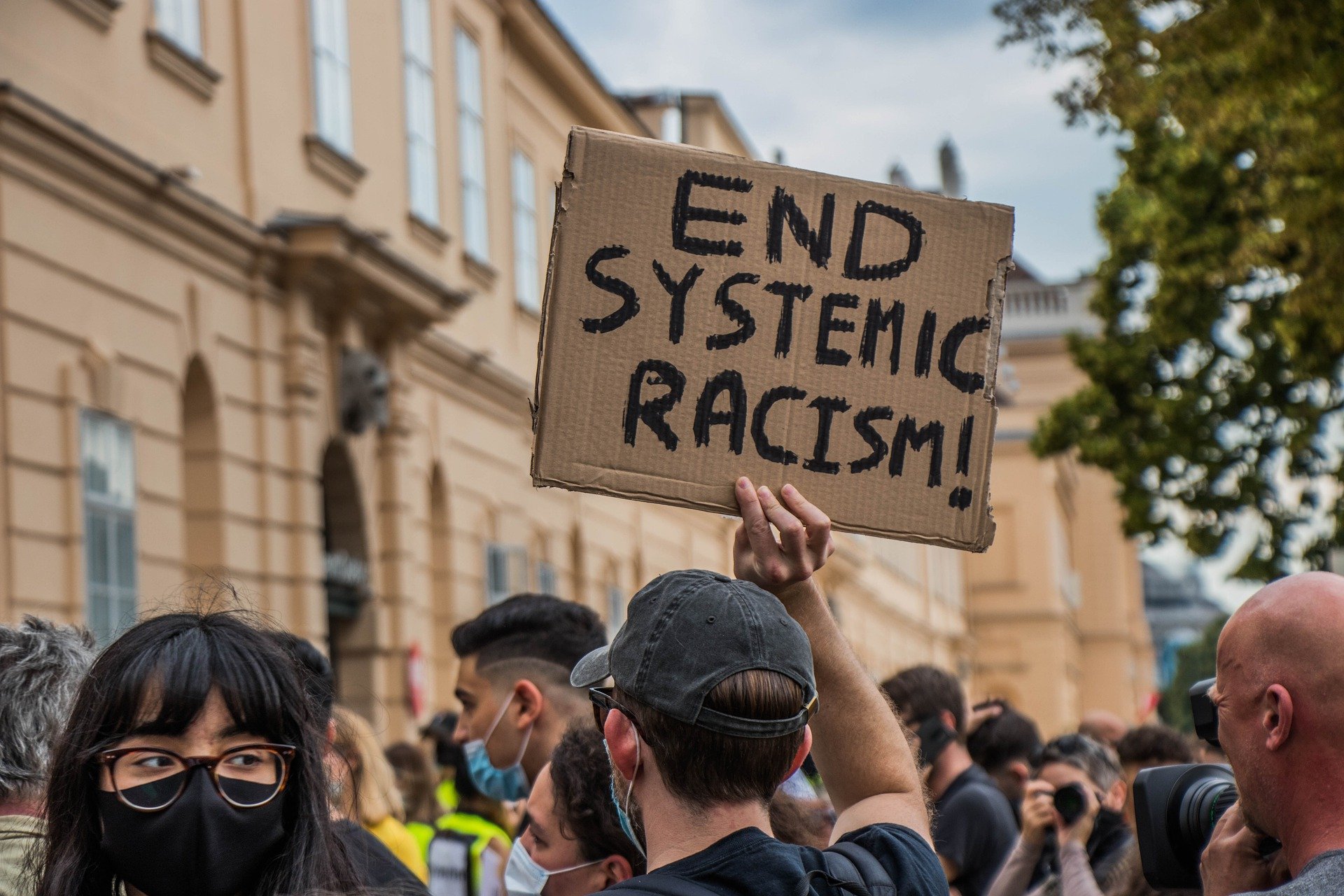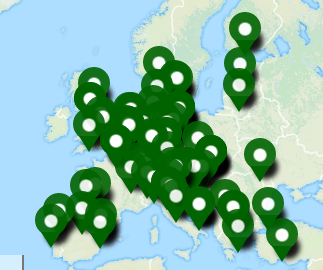The crises provoked by the COVID-19 pandemic have revealed for all what many have long known: the foundations of the wealth and well-being of the world rest upon the sphere of social reproduction and the labor of care. This work is performed primarily by women and, more generally, by people whose work and lives are under-valued and marginalized by sexist, racist, classist, homophobic and ableist ideas and institutions.
Governments around the world have responded to the public health emergency by placing the heavy burden of securing public health on those whose work is to care for others. However, in many countries the public health system (if ever existent) has been so depleted by decades of neoliberalism, austerity and structural adjustment that there is little left to draw from. The privatization of education, health care and basic provisioning services reduces society’s capacity to respond to the crises and increases people’s vulnerability, especially for women, children, migrant workers, refugees, the homeless and immigrant caregivers. This patriarchal and crisis-prone world economy also increases nature’s vulnerabilities through its dependence on growth. As our slogan in the last crisis proclaimed, “your austerity is not our degrowth,” we now reiterate that the pandemic slowdown is not our degrowth. Amid heightened acknowledgment that the production of wealth in the world economy is only possible because of the reproduction of life, health and happiness through the provision of care and the regeneration of nature, we – scholars and activists affiliated with the Feminisms and Degrowth Alliance (FaDA) – declare that the crisis we face as a global community can only be addressed justly, equitably, regeneratively and humanely by way of a feminist degrowth transformation. The resulting injustices are starkly manifest now, and going back to “normal” is not an option, since “normal” was the problem. The pandemic’s disruption of business-as-usual opens new pathways in our ongoing struggle to emancipate ourselves from the growth paradigm that is warming the atmosphere, destroying the biosphere and deepening socio-economic inequalities. In the aftermath of the pandemic, we have the opportunity to reorganize our societies in ways that better promote gender justice and the sustainability of life. To this end, we call for: 1) the recognition, regeneration and strengthening of the spheres of social and ecological reproduction; 2) the abolition of heteronormative legal definitions of kinship, the support for diverse existing arrangements and the regeneration of households belonging convivially to egalitarian communities, with solidarity economies and in sustainable environments; 3) a caring economy that democratizes all dimensions of life, delinks livelihood security from wage-work, equitably revalues both paid and unpaid care work and promotes its gender-just redistribution, for example by the means of a universal basic income and a care income; 4) North-South solidarity, the implementation of UNDRIP, a Global Green New Deal, debt cancellation and the refusal of austerity and structural adjustment. Feminist degrowth envisions just, sustainable and convivial societies brought about by voluntary change. It is rooted in collective decision-making in the production and reproduction of common and public wealth. This crisis calls us to reflect on the priorities of our global economy at large, our daily priorities, and what the alternatives to “back to normal” might be: more time for community, relationship building, and care for the planet and for each other. This piece is collaboratively written by roughly 40 scholars and activists affiliated with the Feminisms and Degrowth Alliance (FaDA). To read the extended version of this statement, see here. Translated versions

We, organizers and participants at the Degrowth Vienna 2020 conference demand equity and justice. We stand in solidarity with the people in the United States challenging white supremacist culture and with related global struggles. As activists, academics, artists, and practitioners we aim together to put an end to systemic oppression and structural racism; as again has been recently revealed by...

The Well Planet Manifesto is an invitation to undertake an agenda of research that is closer to the state of emergency in which we find ourselves. It encourages researchers, activists, policy-makers and member of civil society to act according to this emergency. Those are invited to connect to one another by signing up the manifesto, in order to establish a research network. See the manife...

In the past year, we have launched a survey worldwide for mapping degrowth realities in the world. 114 organisations answered to the call, with nearly 3,000 active people engaged, mostly located in Europe but also in North and South America, Philippines, Tunisia, Turkey, etc. On August 20th 2018, some members from each of them met for the first time in Freetown Christiania (Copenhagen, Denm...